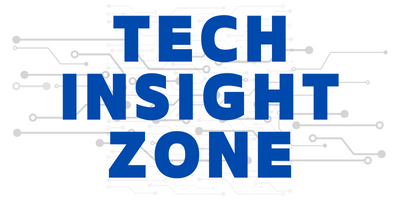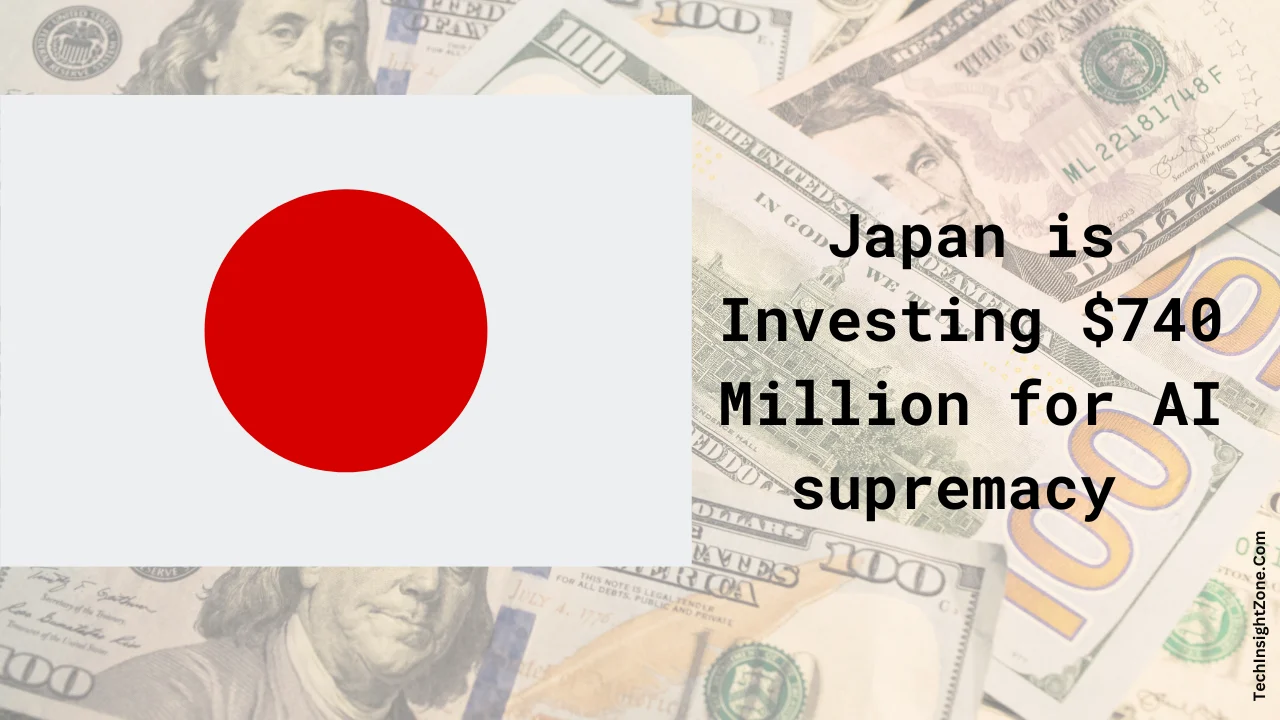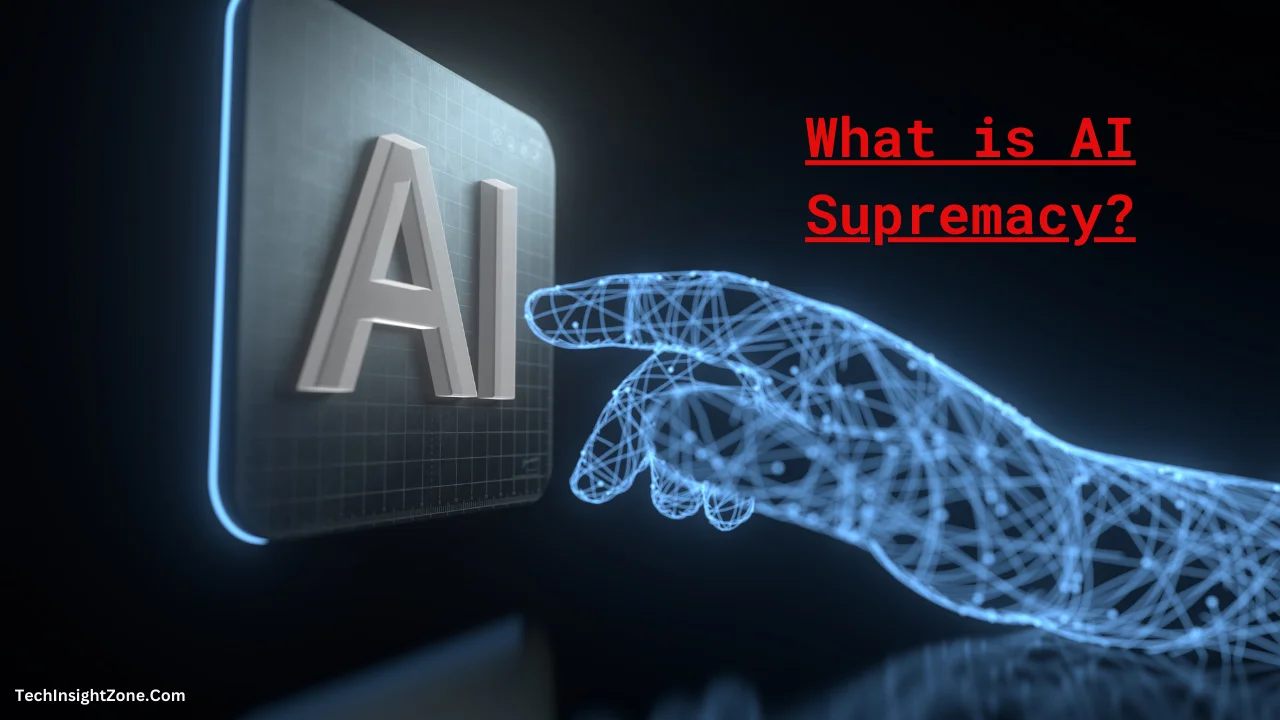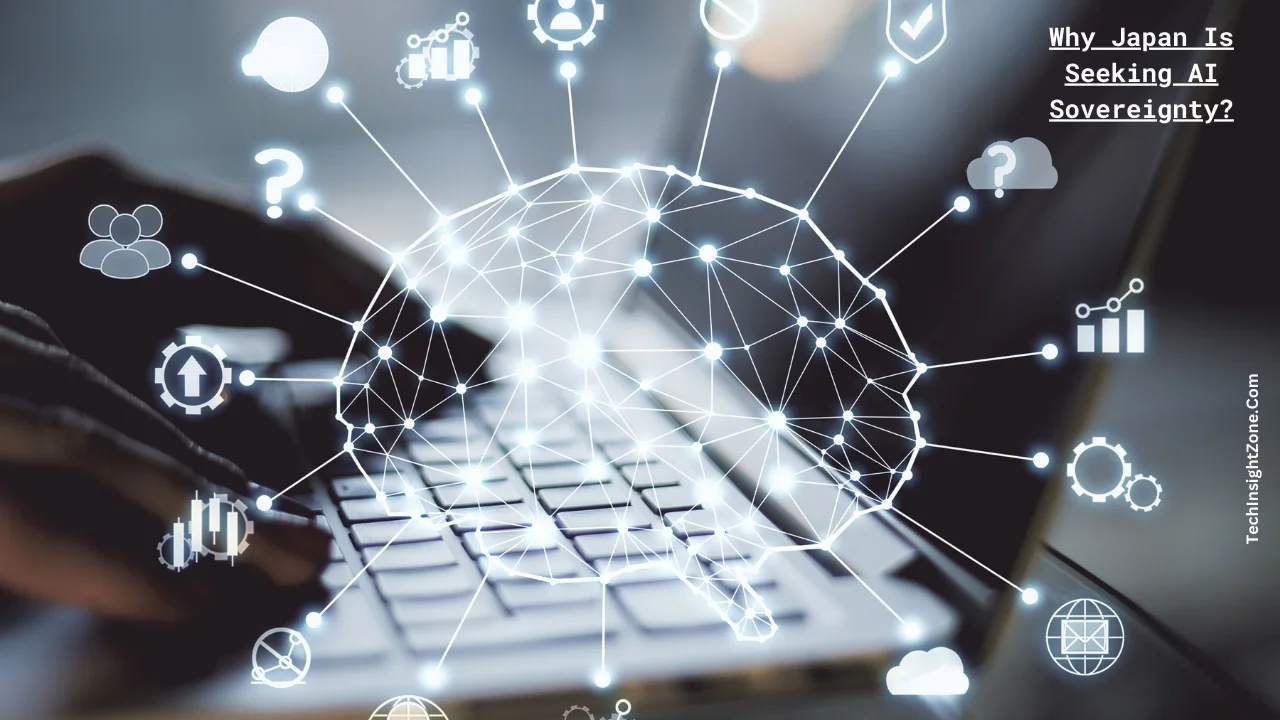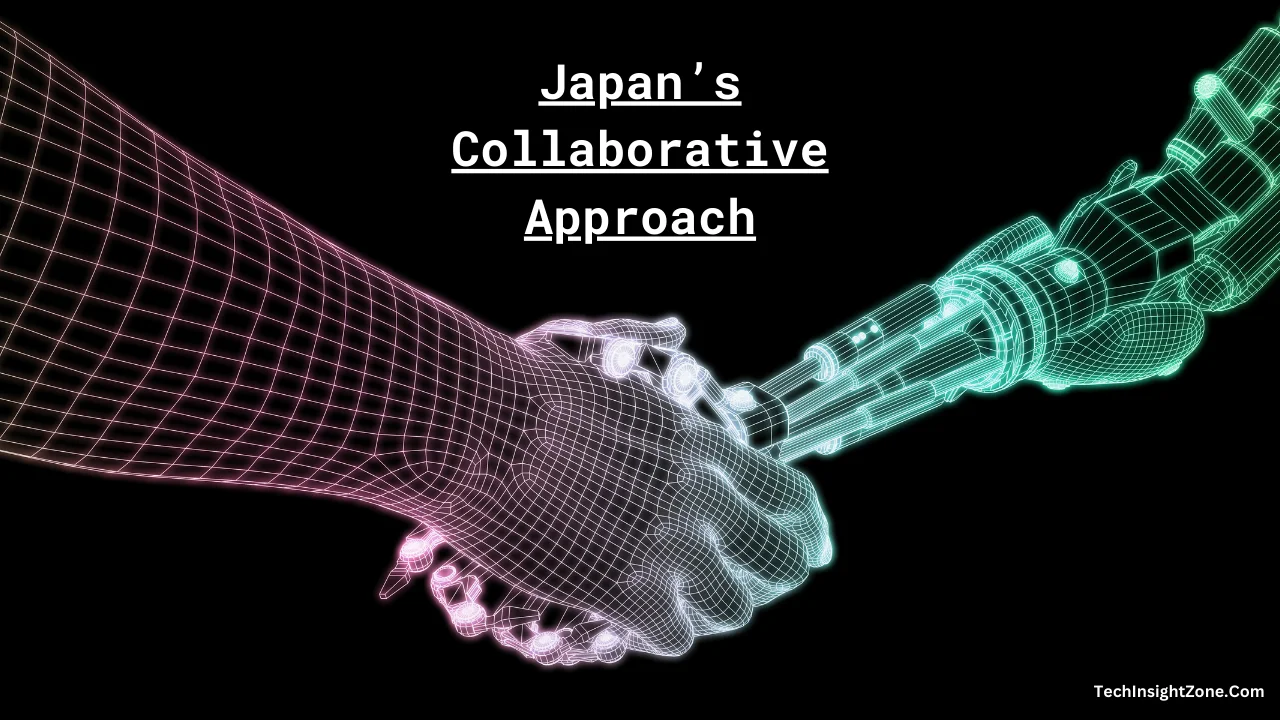Japan is making a major push towards becoming a leader in Artificial Intelligence (AI) through a strategic partnership focused on generative AI infrastructure. This collaboration will leverage the expertise of global AI leader NVIDIA alongside key Japanese companies.
The initiative, spearheaded by the Ministry of Economy, Trade and Industry (METI), aims to unlock the economic potential of AI and bolster the nation’s workforce. METI has identified several digital infrastructure providers, including GMO Internet Group, Highreso, KDDI Corporation, RUTILEA, SAKURA internet Inc., and SoftBank Corp., as crucial partners in developing the cloud infrastructure needed for advanced AI applications.
This government-led effort includes a significant financial investment. Over the past two months, METI has allocated approximately ¥114.6 billion ($740 million) to subsidize AI computing resources and expand participation in the project by local firms. This move highlights Japan’s commitment to establishing itself as a major player in the rapidly evolving field of AI.
But what is Japan trying to achieve and why it is important?
What is AI Supremacy and Why is Japan Trying to Achieve That?
a. Sovereign AI Definition
Sovereign AI refers to a nation’s ability to develop and apply artificial intelligence (AI) using its own resources. This includes having its own:
- Infrastructure: The physical data centers and computer networks needed to train and run AI models.
- Data: The massive datasets that AI models are trained on. This data can include things like text, images, and sensor data.
- Workforce: The skilled researchers, engineers, and developers who create and maintain AI models.
- Business Networks: The domestic companies and institutions that collaborate on and deploy AI solutions.
And for countries like Japan, this ambitious goal isn’t driven by a single factor, but rather a confluence of strategic objectives:
b. Japan’s Quest for AI Sovereignty: A Nation in Control
-
Unlocking the Full Potential of AI: Japan recognizes AI as a transformative force with the power to revolutionize industries, foster innovation, and drive economic growth. By building a strong domestic AI capability, they aim to become a leader in harnessing these benefits and propelling their economy forward.
-
Data: The Fuel of AI Innovation: Data is the lifeblood of AI models, and its quality significantly impacts performance. AI sovereignty allows Japan to control its own data, ensuring models are trained on information that reflects their specific needs and priorities. This not only boosts performance but also addresses security and privacy concerns by keeping data under their domain.
-
Building Inclusive AI Solutions: AI models can become biased if trained on data that lacks diversity. By developing its own AI capabilities, Japan can ensure models are inclusive and take into account the specific needs and cultural nuances of its citizens. Imagine AI systems that understand regional dialects or address local environmental challenges with greater accuracy.
-
Tackling Global Challenges with Homegrown Solutions: Climate change, energy efficiency, and cybersecurity are just a few of the pressing issues facing nations worldwide. A robust domestic AI capability allows Japan to develop AI solutions specifically tailored to their unique needs and challenges. This empowers them to address these issues head-on with innovative AI-powered approaches.
The $740 million investment Japan is making in AI infrastructure is a testament to their commitment to achieving AI sovereignty.
This strategic move positions them to become a leader in the AI revolution, not just by developing cutting-edge technology, but by harnessing its power to address their specific needs and shape a brighter future.
And to achieve this, they are collaborating with a mix of international and domestic partners, each bringing unique expertise to the table.
Japan’s AI Collaboration Partners and Contributions
a. Central Role in Generative AI Infrastructure
- NVIDIA: As the centerpiece of this collaboration, NVIDIA plays a critical role. They will provide the technology and expertise needed to develop Japan’s generative AI infrastructure. This likely includes:
- Hardware: Supplying high-performance graphics processing units (GPUs) specifically designed to handle the demanding workloads of AI. GPUs excel at parallel processing, making them ideal for accelerating complex AI calculations.
- Software: Offering software tools and libraries optimized for running AI applications on their GPUs. These tools can streamline the development process and ensure efficient use of the hardware.
- Generative AI Expertise: NVIDIA brings specialized knowledge in generative AI, a field that allows AI to create entirely new content, like images, text, or even code. This expertise will be crucial for Japan to unlock the full potential of this technology.
b. Building the Cloud Foundation
- Local Digital Infrastructure Providers: A consortium of Japanese companies, including GMO Internet Group, Highreso, KDDI Corporation, RUTILEA, and SAKURA internet Inc., will act as the backbone of this initiative. These companies will:
- Cloud Infrastructure: Provide the critical cloud infrastructure needed to run AI applications. This infrastructure will likely consist of powerful servers, vast storage capabilities, and robust networking to handle the massive amount of data processing required for AI.
c. Financial Backing and Additional Expertise
- SoftBank Corp.: This major Japanese technology player contributes in two ways:
- Cloud Infrastructure: Similar to the other providers, SoftBank will offer cloud infrastructure resources for AI applications.
- Financial Investment: SoftBank is also investing heavily (¥150 billion) to expand Japan’s AI infrastructure. This investment will likely go towards purchasing NVIDIA’s hardware (like GPUs) and potentially software licenses, further bolstering the capabilities of the platform.
- Local Firms (unspecified): The Japanese government is also providing financial support (US $740 million) to unspecified local firms involved in AI infrastructure development. These funds will likely be used to:
- Infrastructure Build-out: Purchase servers, storage, networking equipment, and potentially software licenses from NVIDIA or other vendors to build and expand their cloud infrastructure specifically designed for AI applications.
By combining the expertise of NVIDIA in generative AI and hardware/software, along with the robust cloud infrastructure provided by Japanese companies, Japan aims to establish a leading-edge platform for AI development and innovation.
Challenges on the Road to AI Supremacy
Now, let’s be honest, there are challenges. Building a sovereign AI empire isn’t a walk in the park. Here are some potential roadblocks:
- Keeping Pace with Innovation: AI is a fast-moving field. Can Japan keep pace with the rapid advancements happening elsewhere?
- The Never-Ending Cost of Staying Ahead: Even with $740 million, staying ahead of the curve can be expensive. Japan will need to find ways to continuously fund this initiative.
- The Race for Talent: Attracting and Retaining AI Experts
Building a skilled workforce takes time. Can Japan attract and retain the AI experts it needs to compete globally?
Japan’s AI Adventure: A Story to Watch
Japan’s ambitious plan to become a leader in generative AI is a story to watch closely. By strategically collaborating with international and domestic partners, they are putting the building blocks in place for a robust AI infrastructure. NVIDIA’s expertise in generative AI and hardware, coupled with the strong cloud foundation provided by Japanese companies, offers a promising path forward.
The success of this initiative hinges on several factors. Effectively leveraging the capabilities of generative AI and fostering a skilled workforce to utilize this technology will be crucial. Additionally, ensuring the security and responsible development of AI will be paramount.
If Japan can navigate these challenges effectively, their AI adventure has the potential to unlock significant economic opportunities and solidify their position as a major player in the future of artificial intelligence.
Furthermore, a key component in advancing AI research globally is the cutting-edge Aurora supercomputer, which will play a crucial role in driving AI science forward. By understanding how the Aurora supercomputer is set to fuel these advancements, you can gain deeper insights into the transformative power of these technologies and their potential impact on future innovations.
